
At a symposium at the 77th Scientific Sessions of the American Diabetes Association, experts suggested that the relationship between heart failure and diabetes is finally getting the attention it deserves.

At a symposium at the 77th Scientific Sessions of the American Diabetes Association, experts suggested that the relationship between heart failure and diabetes is finally getting the attention it deserves.

Continuous glucose monitoring has the potential to revolutionize diabetes care for patients with type 2 diabetes, whether they are on insulin therapy or not, but the technology must be accompanied by stronger support from clinicians in order to be most successful, explained William Polonsky, PhD, CDE, president of the Behavioral Diabetes Institute and associate clinical professor at University of California, San Diego.

The studies are the first to focus on use of PCSK9 inhibitors in patients with diabetes. Alirocumab, sold as Praluent, is expected to report its cardiovascular outcomes trial in early 2018.

The Diabetes Prevention Program (DPP) has demonstrated that it can improve the quality of care for Medicare beneficiaries with diabetes while saving or maintaining costs, explained Nina Brown-Ashford, MPH, CHES, deputy group director at the CMS Innovation Center. Next, CMS will finalize the DPP’s expansion in another round of rulemaking.

No one questions the long-term savings that the Diabetes Prevention Program will bring to Medicare, but getting it off the ground will require several steps that have never been done before, including a new payment model.

The use of technology in behavioral interventions is exciting, but it is important to integrate the underlying principles of behavioral science when developing counseling interventions, explained Rob Nolan, PhD, CPsych, director of Cardiac eHealth at the Peter Munk Cardiac Centre and clinical psychologist and scientist at the Toronto General Research Institute, at the American College of Cardiology 66th Scientific Session, where he presented the results of the REACH eCounseling trial.
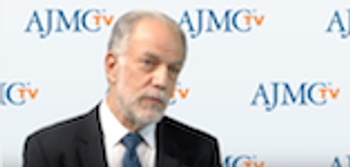
Diabetes management programs can be delivered digitally or in a traditional in-person setting, but there are benefits and drawbacks to each, explained Neal Kaufman, MD, founder and chief medical officer of Canary Health.

There are a number of exciting technological advances that could change diabetes care as we know it, such as improved continuous glucose monitors and convenient decision support tools, said Robert Gabbay, MD, PhD, chief medical officer of the Joslin Diabetes Center.
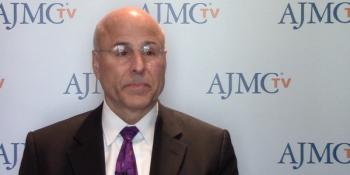
Ongoing legislative developments and the latest experiences with implementing alternative payment mechanisms are just some of the reasons Clifford Goodman, PhD, senior vice president and director at the Center for Comparative Effectiveness Research at the Lewin Group, is looking forward to the fall meeting of the ACO & Emerging Healthcare Delivery Coalition.

A measure developer's work isn't done once a quality measure is created-the Pharmacy Quality Alliance (PQA) works with health plans post-implementation on questions regarding measure specifications or measure calculations, explained Matthew Pickering, PharmD, RPh, associate director of research and quality strategies at PQA.

Many people may think e-prescribing refers to the electronic sending of a prescription, but the term actually encompasses a much broader range of communications and transactions, said Laura Topor, president of Granada Health.

A discussion at the 2017 American Society of Clinical Oncology Annual Meeting addressed the practical solutions to address the financial toxicity of cancer care and identified leads for future intervention studies aiming to prevent or reduce this burden.
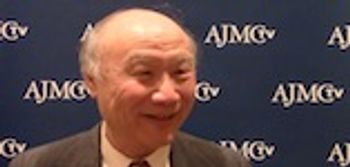
The large database of information contained in the California Cancer Registry is useful for both local clinicians and researchers around the world, as it allows them to compare cancer outcomes by a number of demographic characteristics, according to Moon S. Chen Jr, PhD, MPH, professor of hematology and oncology at UC Davis Comprehensive Cancer Center and principal investigator of The National Center for Reducing Asian American Cancer Health Disparities.
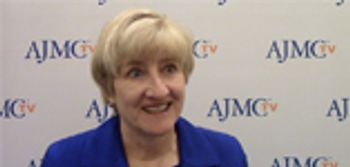
The collaboration between Innovative Oncology Business Solutions and the American Society of Clinical Oncology on the COME HOME Model should help give community oncology practices a path forward to be competitive, said Barbara McAneny, MD, chief medical officer of New Mexico Oncology Hematology Consultants.
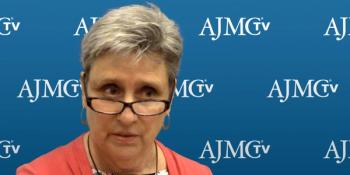
When conducting drug trials, the values of patients and manufacturers can come into conflict, which is why a well-informed ethical framework is needed to evaluate benefits and burdens, according to Jacqueline Glover, PhD, professor in the Department of Pediatrics and the Center for Bioethics and Humanities at the University of Colorado Denver.

Updated results from the POLLUX and CASTOR trials, presented at the 2017 American Society of Clinical Oncology Annual Meeting, have found that including daratumumab in standard-of-care regimens prolonged progression-free survival (PFS) and improved the depth of response, independent of the patients’ cytogenetic risk.

At the 2017 American Society of Clinical Oncology Annual Meeting, oncologists heard from fellow experts on the best way to navigate this daunting payment reform challenge.
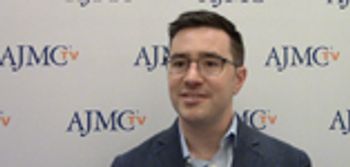
Craig Portell, MD, of the University of Virginia Health System, highlights some of the latest and most exciting treatments in non-Hodgkin's lymphoma, including CAR-T therapies and targeted therapies such as venetoclax.
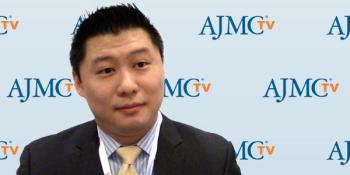
The impact that generics have on bringing down the cost of branded drugs needs to happen in the biologics space so the industry can save money and improve access to medications and population outcomes, according to Edward Li, PharmD, MPH, BCOP, of the University of New England.

A phase 3, randomized, double-blind registration study in patients with breast cancer receiving neoadjuvant myelosuppressive chemotherapy has found clinical equivalence between filgrastim and its biosimilar after switching studies.

A poster discussion session at the 2017 Annual Meeting of the American Society of Clinical Oncology examined retrospective surveillance data in 3 different cancers: non-small cell lung cancer, head and neck cancer, and colorectal cancer.
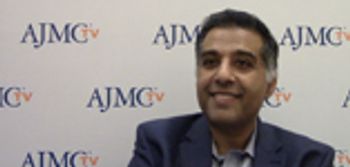
As practices participating in the Oncology Care Model progress in their practice transformation they run into some challenges, such as how to properly analyze claims data, and see early successes, such as improved patient experience, said Basit Chaudhry, MD, PhD, founder of Tuple Health.
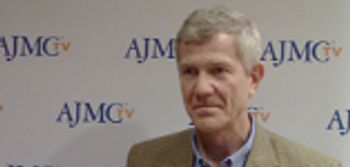
Value frameworks aren't at an ideal point in their development, yet, but it is important to keep in mind that different frameworks represent different perspectives, said Scott Ramsey, MD, PhD, of Fred Hutchinson Cancer Research Center.

One of the kickoff sessions on the first day of the 2017 American Society of Clinical Oncology Annual Meeting in Chicago, Illinois, was a lively discussion on ensuring that the data used to inform patient care and create healthcare policies holds value.

A late afternoon extended education session on the first day of the 2017 American Society of Clinical Oncology Annual Meeting in Chicago, Illinois, was a discussion on the state-of-the-art uses for immunotherapy in the management of non-small cell lung cancer (NSCLC).
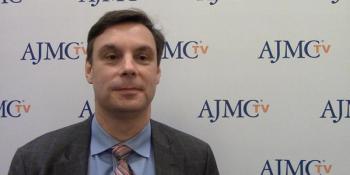
Checkpoint inhibitors have begun to revolutionize bladder cancer treatments, but the benefits in prostate cancer are a little less clear at this point, explained Daniel George, MD, of the Duke Cancer Insitute.
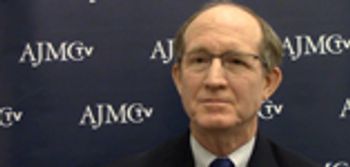
When using real-world data, researchers must be careful to avoid several common pitfalls that can bias their results, according to Richard J. Willke, PhD, chief science officer of ISPOR.
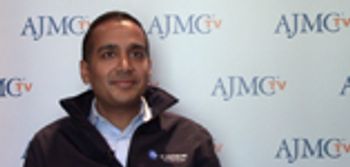
Among the sessions of the ACO & Emerging Healthcare Delivery Coalition Spring 2017 meeting was a panel discussion on population health strategies. According to Sachin H. Jain, MD, MBA, president and CEO of CareMore, the discussion was optimistic about the future of the healthcare system, particularly due to the new therapies and technologies that are being developed.

Analysis of data available within a national hospital-based registry showed that the diagnosis of stage I disease increased for female breast cancer, colorectal cancer, and lung cancer following implementation of the Affordable Care Act (ACA).

According to the study, to be presented at the 2017 American Society of Clinical Oncology Annual Meeting, vaccination resulted in an 88% overall reduction in vaccine-type infections and a 100% reduction among men, in the young adult population.